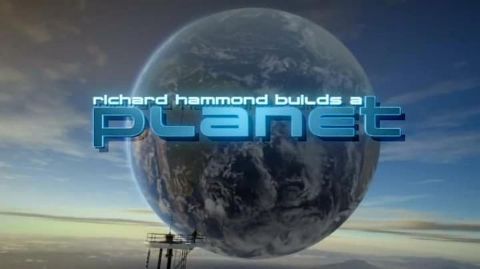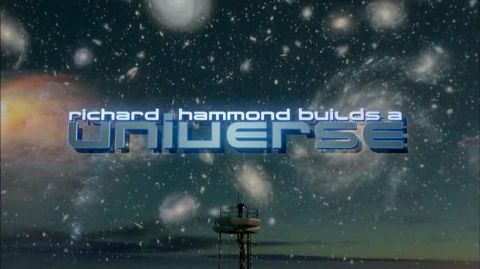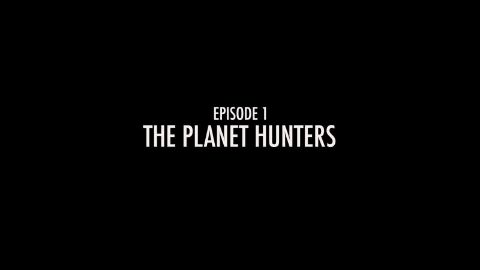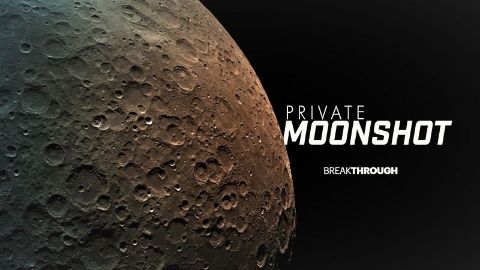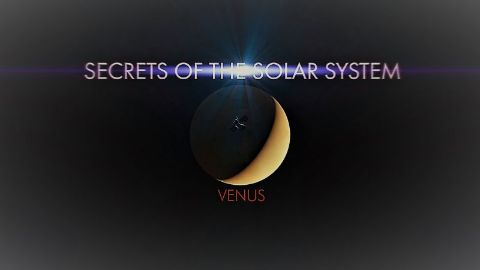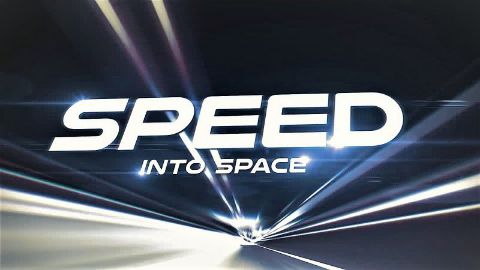A Universe • 2013 • episode "S1E2" • Richard Hammond Builds...
Richard Hammond takes on the ultimate engineering project. How on earth do you make a planet, or a solar system, a galaxy or even... a universe? To find out, he opens up his cosmic toolbox and builds each one piece by piece, from the top of an impossibly high tower. What does he need to construct the cosmos, and what happens if he gets it wrong? With eye-popping computer graphics, Richard discovers that it takes an entire universe to make our planet just right for us.
Make a donation
Buy a brother a hot coffee? Or a cold beer?
Hope you're finding these documentaries fascinating and eye-opening. It's just me, working hard behind the scenes to bring you this enriching content.
Running and maintaining a website like this takes time and resources. That's why I'm reaching out to you. If you appreciate what I do and would like to support my efforts, would you consider "buying me a coffee"?
Donation addresses
BTC: bc1q8ldskxh4x9qnddhcrgcun8rtvddeldm2a07r2v
ETH: 0x5CCAAA1afc5c5D814129d99277dDb5A979672116
With your donation through , you can show your appreciation and help me keep this project going. Every contribution, no matter how small, makes a significant impact. It goes directly towards covering server costs.
